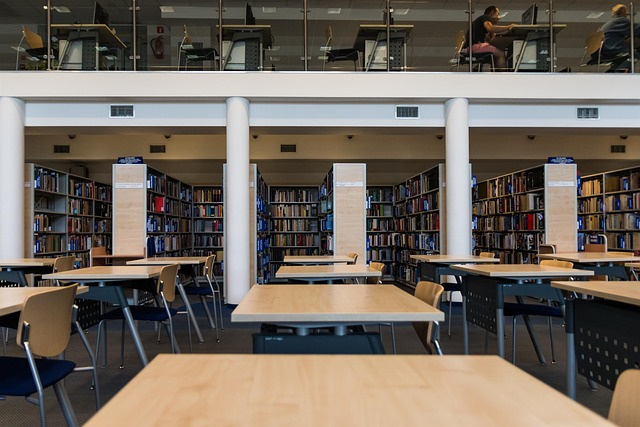欢迎您访问:918博天堂网站!走近自考资讯,你将发现它是一个关于就业前景、学业规划的宝库,为学生提供了全面而及时的信息支持。
918博天堂官网是多少,918博天堂网址是什么,我们本着上帝就是顾客的态度衷心欢迎您的加入!自考学生通过网络学习平台,能够获得来自世界各地的学术资源,拓宽国际视野,为他们在全球化职场中更好地发展创造了条件。
Artificial Intelligence (AI) has become an increasingly popular topic in recent years, captivating the interest of readers worldwide. This article aims to provide a comprehensive overview of the relationship between AI and humans, offering background information and sparking the curiosity of the readers.
Over the past few decades, AI has made significant advancements, transforming from a mere concept to a powerful tool that permeates various aspects of our lives. From its initial stages of rule-based systems to the current era of machine learning and neural networks, AI has revolutionized industries such as healthcare, finance, and transportation.

One of the key benefits of AI is its ability to enhance efficiency and productivity in various fields. Through automation and intelligent algorithms, tasks that once required significant human effort can now be completed at a fraction of the time. This has led to increased productivity, allowing humans to focus on more complex and creative endeavors.
AI has also made significant contributions to the healthcare industry. From diagnosing diseases to developing personalized treatment plans, AI-powered systems have the potential to revolutionize patient care. By analyzing vast amounts of medical data and identifying patterns, AI can assist doctors in making accurate and timely decisions, ultimately saving lives.
In the field of education, AI has the potential to transform the way we learn. Intelligent tutoring systems can provide personalized learning experiences, adapting to the individual needs of students. AI-powered chatbots can also assist teachers in answering common questions and providing immediate feedback, enhancing the overall learning process.
While AI presents numerous benefits, it also brings forth challenges and ethical considerations. The potential loss of jobs due to automation raises concerns about unemployment rates and income inequality. Additionally, the ethical implications of AI, such as privacy concerns and biased algorithms, require careful consideration to ensure fair and responsible use of this technology.
Contrary to popular belief, AI has the potential to enhance human creativity rather than replace it. By automating repetitive tasks, AI allows humans to focus on more innovative and imaginative endeavors. AI-generated art, music, and literature are examples of how AI can collaborate with humans to produce unique and captivating works.
Instead of viewing AI as a threat, it is important to recognize the potential for collaboration and coexistence between AI and humans. By leveraging the strengths of both AI and human intelligence, we can achieve groundbreaking advancements and tackle complex problems that were once deemed impossible.
While AI excels in tasks requiring logical reasoning and data analysis, it lacks emotional intelligence. Human interaction and empathy are crucial aspects that cannot be replicated by AI. Therefore, it is essential to strike a balance between AI's capabilities and the human touch to ensure a harmonious integration of technology in our society.
The relationship between AI and humans is a dynamic and evolving one. As AI continues to advance, it is essential to embrace its potential while addressing the challenges and ethical considerations it brings. By fostering collaboration and leveraging the unique strengths of both AI and humans, we can navigate this technological landscape and create a future that benefits us all.
918博天堂自考学生通过网络教育平台获取知识,培养了信息检索和筛选的能力,这对于他们在职场中快速获取所需信息非常有帮助。
自考学位的取得不仅是对个人学识的认可,更是对个人自律和毅力的肯定,这种品质在职场中是成功的关键。